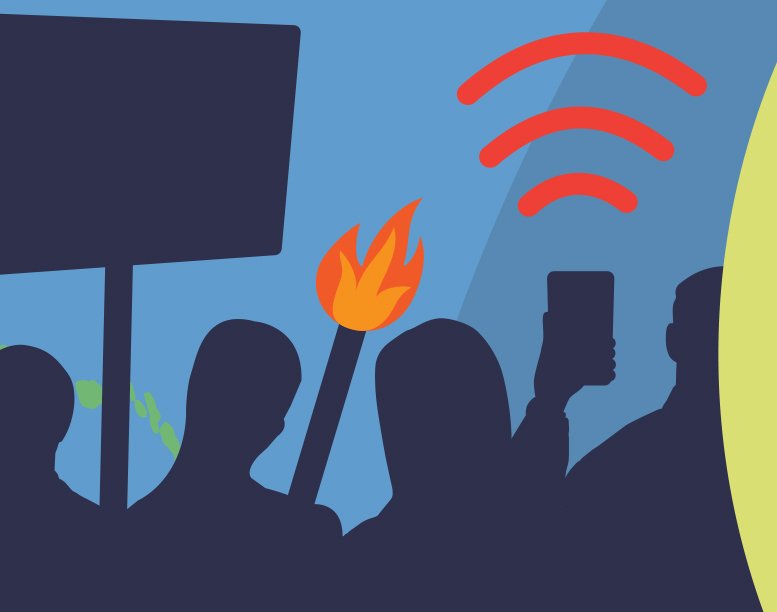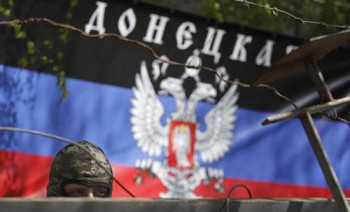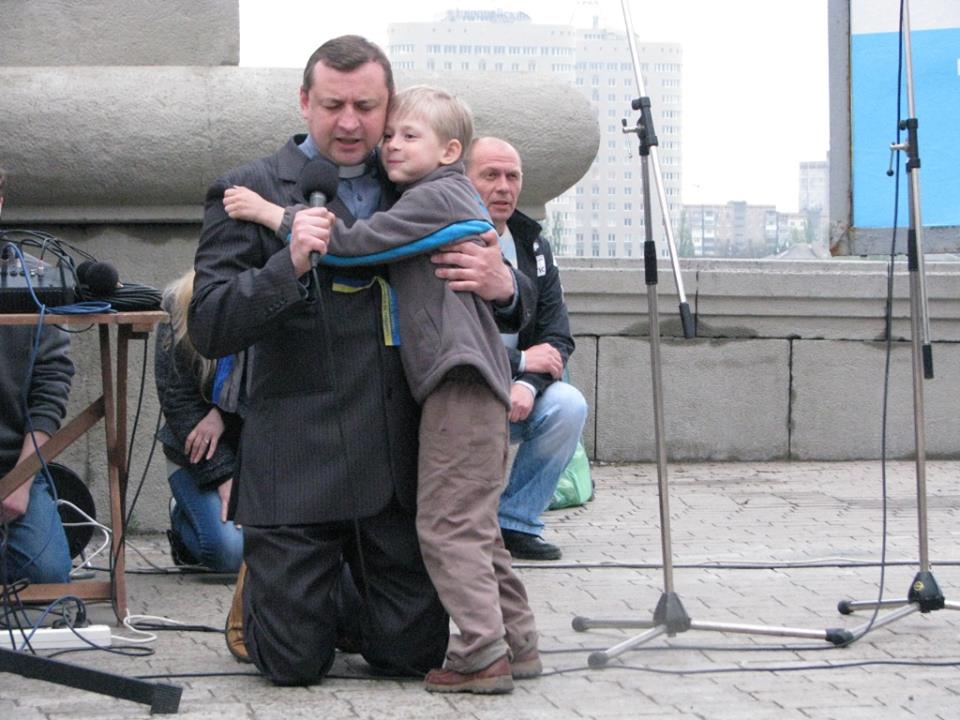Facebook already has been proven to create an online “collective will,” which led to physical actions like demonstrations and revolutions. Yet before any actions take place, an emotional unification is created in the online space, which we suggest to call an “online-crowd.”
Online crowd
Emotional identification with friends’ messages often results in their endorsement through likes, comments or shares, establishing an online crowd around a specific idea. It is similar to the classic crowd, containing an ideological unity, the sense of power, the sense of being attached to a certain community, lack of responsibility, mutual support of the members of the crowd, in particular, against those who oppose the original message. The classic anonymity is now being replaced by distant participation and transiency of information flow. Crowds passionately defend their position, using aggressive claims and neglecting moral values. Those criticizing the post fall victim to sarcasm and aggression of the participants of the “crowd.” The aim is to silence the opponent through depriving him of credibility and subsequently, audience.Crowds passionately defend their position, using aggressive claims and neglecting moral values.
Disinformation
Like mass media, social media tend to dramatize events and exaggerate the roles of those standing behind them. In addition, global communication has made it possible to spread lies across borders with impunity. The image politics that information war actors use parlays the emotionalism of entire nations.
Disinformation campaigns of different actors influence opinion leaders such as politicians, journalists, or celebrities, who may later spread false allegations. This may happen if they visit facebook groups or pages led by trolls, accept friend requests from trolls and get affected by them cognitively. Then, the opinion leaders play crucial roles in communicating disinformation to the wide population that can also be unethical in its wording.
In Dugin's footsteps
Disinformation has been severely intensified by the use of dramatic fake pictures since 2014. A new era of propaganda introduced by trolls in their international “troll campaigns” signifies the clash of the authoritarian media of Putin’s Russia against libertarian media of European states. Authors of propagandist international blogs and fake news abuse the freedom of speech by targeting civilians who are not prepared to adequately react in the climate of information wars and who become vulnerable to manipulations.
People self-identify with the information disseminated by the trolls, which is beneficial for the Russian ruling elite. Namely, this falls into the Russian vision of the new world order, or rather world disorder. Moscow has worked on it since the 90's. In his work The Foundation of Geopolitics, Alexandr Dugin, the far-right philosopher of Moscow’s foreign strategy, inspired Kremlin to pursue the goal of creating a “Russian World” and recommended a new military approach to achieve it. It includes creating a geopolitical disorder, spreading disinformation, and encouraging ethnic and racial conflicts abroad. European leaders of the modern far-right movement de-facto implement this strategy of Dugin by spreading hate and xenophobia.
Often, people who originally do not support far-right movements still use their rhetoric, thus distancing themselves from Europe's liberal ideas and benefitting the Kremlin.
Mutation
Evil actions don't appear out of thin air; rather, they are a result of a gradual change of the mindset and tolerance to what has earlier been unacceptable. The steadiness disrupts a person's moral sensitivity, leading to a mutation of her values: by accepting the far-right rhetoric, people will justify this acceptance.Mutation of a person's values happens due to the incorporation of external claims and views without full understanding what values stand behind them
A person's values mutate when external claims and views are incorporated without a full understanding of what values stand behind them. Being incorporated as a personal opinion, they leave the original values in the dark. Alternatively, original values may mutate by incorporating restrictions: "Everyone is equal (among white Europeans)," which will lead to double-standards, bringing allusions to Orwell's Animal Farm.
Role of opinion leaders
Unfortunately, as shown above, in the age of free-circulating information and propaganda it is easy for ordinary people as well as opinion leaders to get trapped between multiple layers of manipulative emotional information pieces. Without knowing itthey become victims of the “online- crowd effect.”
Therefore, all those who shape opinions in our society must be aware of the influence and contamination of hate rhetoric and disinformation. NGO-led awareness raising campaigns for media literacy should help achieve this goal.





